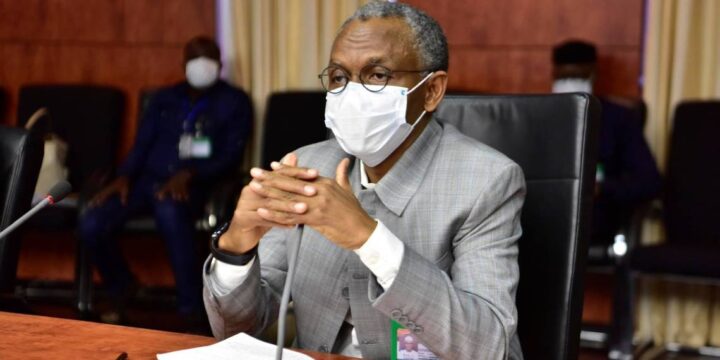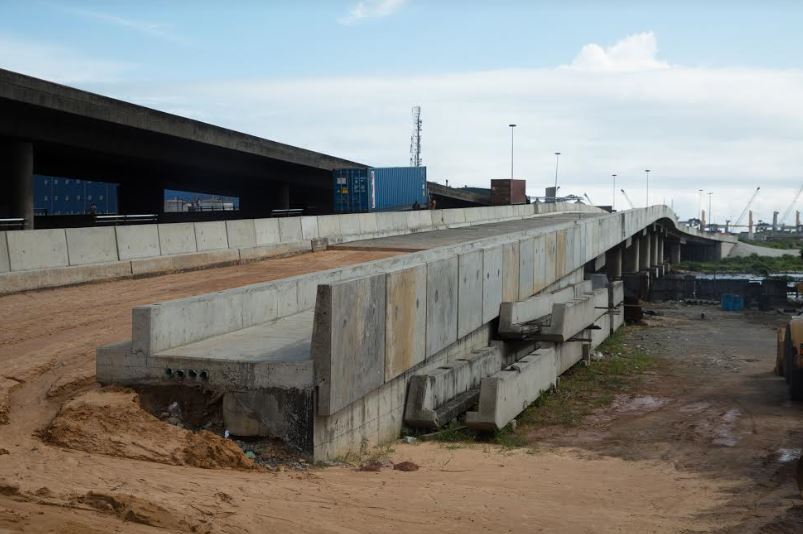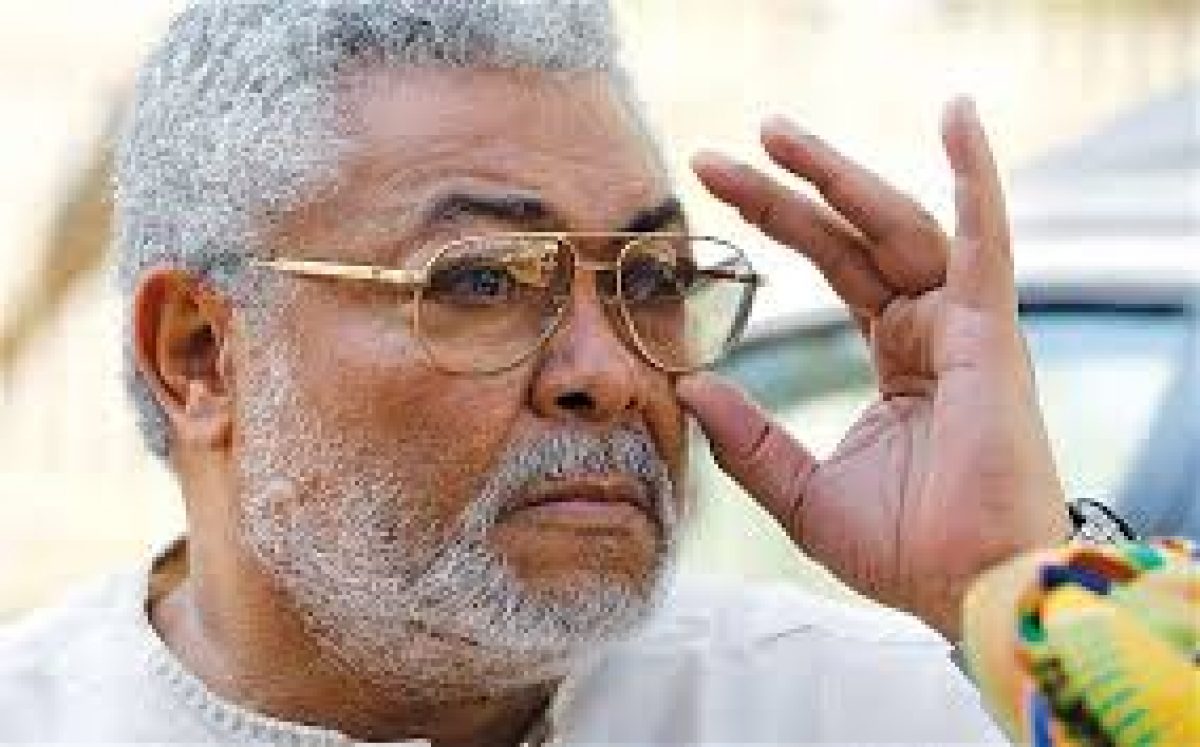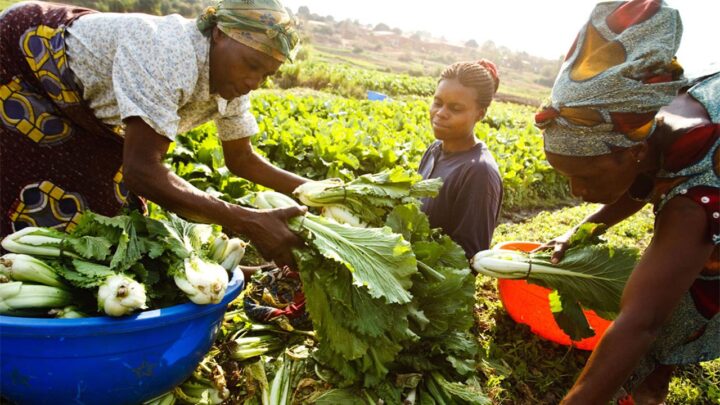BY EMMANUEL ADO
“Slow is the process, by which a carver carves his thoughts” – Unknown
For most Nigerians, governments are assessed more by the physical projects they embark upon, even when the projects have no direct bearing on the lives of the people than by the more critical institutional reforms, which are important to refocus most agencies of governments that have unfortunately become lethargic, factors that have greatly affected their capacity to deliver on their very lofty mandates. To the average Zamfara state indigene, the former absentee governor, Abdulaziz Yari, who repeatedly failed to field candidates for the National Common Entrance, even after the state was granted an extension, nor tackle the crisis in the health sector that lead to avoidable deaths, was considered a “performing governor” because he deployed his energy on roads construction, which is less challenging. Reforms are for long distance runners, with an overall picture of the missing parts and have the perseverance to embark on an exercise that is highly unpopular.
The main strength of the indefatigable Nasir El-Rufai cannot by any stretch of imagination be in the construction of roads or schools, even though he is doing that, but in institutional reforms, propelled by an unparalleled foresight, that should rightly earn him bragging rights as the unchallenged high priest of reforms. For instance, the glaring difference between El-Rufai and a Yari is that while schools in Kaduna state are built based on assessment(census), in Zamafra state, contract award drove the construction of schools. Again based on assessment, most public schools in the northern part of Kaduna state, like Rigasa, multi-level buildings have been constructed to accommodate the huge population, while in the southern part, due to low enrollment in public schools, only bungalows are naturally built.
Advertisement
But for the surgical reforms of the formerly defined pension scheme, to the more sustainable and realistic contributory pension scheme, that as director-general of the Bureau of Public Enterprises (BPE), El-Rufai championed and birthed, Nigeria, would have been thoroughly scandalized by its inability to pay retirees, due to poor earnings from crude oil, that has compelled it into a chronic borrower to fund its annual budget. It’s to the credit of El-Rufai, that every significant reform agenda of the Olusegun Obasanjo administration, had his input, as the government strived to improve service delivery to the people and infrastructural facilities, as enshrined in the 1999 constitution under the Directives of State Principles.
That Kaduna state is extremely lucky to have El-Rufai as its governor at such a very critical point, of dwindling resources and a pandemic that has disrupted life, is an understatement. Without any fear of contradiction, Kaduna state has profited tremendously from his rounded education, an intimidating network of contacts and invaluable experience garnered over the years from the private and public sectors, which he has unselfishly placed at the disposal of the state, towards actualizing his people’s first agenda, as encapsulated in the State Development Plan 2015-2021.
El-Rufai, like the skilled carver, that he is, has slowly and imaginatively, carved out a new Kaduna state of his dreams, out of the chaos left behind by Ramallan Yero, the accidental governor, remembered more for his heavily starched gowns, face caps, designer sunglasses, than for any policy initiatives. Carving, is unquestionably central to El-Rufai’s developmental strategy- the clear vision, the vigorous, methodical implementation, because nothing is an accident and because a carver must of necessity impose himself to fashion out a new order.
Advertisement
The 2021 legislative agenda, a mixture of new policy initiatives and deepening of the reforms, that will ultimately enhance governance, indicates that El-Rufai is not in any mood to slow down yet. The El-Rufai quiver contains something for every sector, and top on the list is the enactment of a long overdue social protection law, that will domesticate the various social intervention programmes by the federal government, to frontally address the needs of the poor citizens, which the COVID-19 lockdowns exposed their extreme vulnerability. To also guide against policy summersault, by the next government, which for popularity sake, might be tempted to derail the reform of the traditional institution, a Chieftaincy and Traditional Councils Bill that specifies the composition, and the classification of the emirate and traditional councils, etc, has been proposed to the state house of assembly for action.
Ever forward-looking, a Family Court and Small Claims Court (Establishment) Bills to help resolve marital and commercial disputes in a timely fashion, and ultimately reduce the burden on the judiciary are in the works. Also receiving attention is a bill for the enactment of a commercial code to guide the conduct of commercial activities, encourage innovation and investment, to consolidate the first position of Kaduna state, in the ease of doing business. The educational sector, which is very dear to his heart, will benefit from the lessons learnt from the implementation of the UBE Act. The key is addressing the “Out of School” phenomenon.
El-Rufai, the undisputed father of a new Kaduna state of possibilities, is clearly determined to relocate the correctional facility (prison) located on the busy Independence Way, that’s not just an eyesore, but a problem to road users, when it plays host to some high security guests, like Zakzaky, which usually leads to security agencies condoning off of the roads, which inconveniences both pedestrians and motorists.
If El-Rufai succeeds in moving the facility, and its derelict training school, as he most certainly will, to the outskirts of the town, and builds an accompanying court complex, he would have solved a nightmare problem, that will further complete the transformation of the central business district.
Advertisement
Growth is inevitable, but unfortunately, while Kaduna metropolis grew, for over 100 years, previous governments that definitely had more money, were sadly “routine leaders”, contented with not rocking the boat, reason why they failed to make the necessary investments in infrastructure, such that newly created states like Katsina, can boast of better road networks and schools, than Kaduna state, nor did they invest in policies that would create employment for the teeming youths, that constitute more than 65% of the population, in spite of the clear mandate to lead.
Thankfully Kaduna state has taken back its preeminent position as the capital of the 19 northern states, thanks to the absolute commitment of El-Rufai, who not only focused on institutional reforms but has vigorously pursued policies that impact on a greater number of people.
Views expressed by contributors are strictly personal and not of TheCable.
Add a comment






